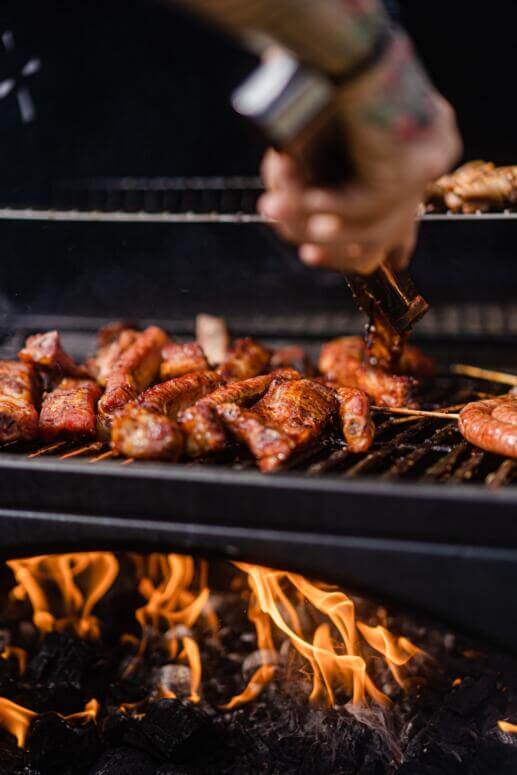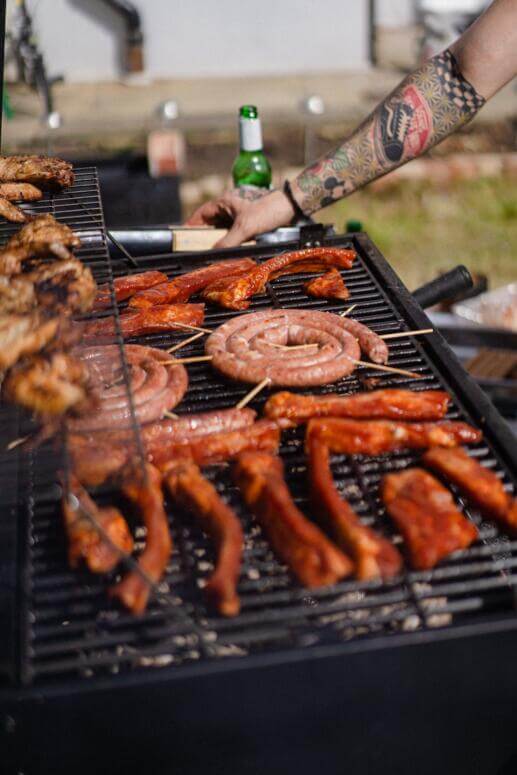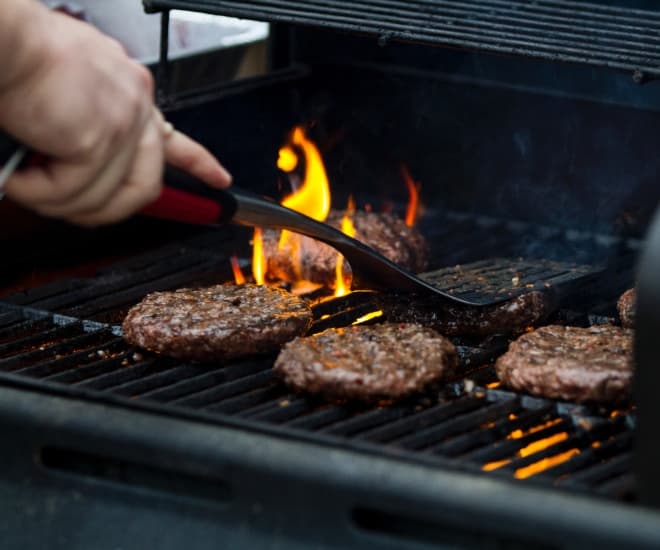Every summer, millions of people head outside to fire up the grill and cook excellent meats and vegetables. While the practice of grilling may seem straightforward, it’s actually a nuanced art. Many amateur grillers make common mistakes that render their food less tasty or otherwise “off” — so what are these common mistakes and how can you fix them?
How You’ve Been Grilling All Wrong
These are just some of the ways that you might be grilling all wrong:
You’re using the wrong grill. From flattop to conventional grills, and from coal to propane, there are hundreds of types of grills that are worth using. But every grill comes with some advantages and disadvantages. Some grills are better at cooking large volumes of food, while others are better focused on small batches. Some can provide your food with a distinctive, charred taste, while others produce a more neutral flavour experience. Make sure you select the right grill for your needs and preferences.
You’re not preheating. No matter what type of grill you’re using, it’s important to preheat. In other words, you want the grill to sufficiently heat up before you attempt to cook anything on it. This is important for several reasons. Depending on the fuel type of your grill, it may be beneficial to allow the grill’s heat to die down slightly, producing a milder, more radiant heat. It’s also typically advantageous to allow the great to heat up, allowing you to cook your food more consistently.
You’re using too much direct heat. Direct heat can be a good thing, especially if you’re trying to sear your meat, but if you use too much direct heat, it can result in an inconsistent finished product. Exercise caution when using direct heating on your grill.

You’re smashing/compressing the meat. Properly seared meat has an excellent texture and flavour that’s hard to replicate. Unfortunately, some people try to accelerate or intensify the searing process by smashing or compressing the meat with a spatula. When you do this, you often force internal juices to run out, ultimately making your meat dry and less tasty. Additionally, pressing the meat doesn’t actually help you achieve a better sear; you’re better off using more direct, higher-intensity heat.
You’re cooking too much at once. Sometimes, it’s tempting to cram your grill full of different foods, accelerating the cooking process or allowing you to feed a greater number of people. But this can result in heat dispersion issues, especially if you’re cooking many types of foods at the same time. Most grillers are best off focusing on small batches of food at a time.
You’re applying sauce too soon. Marinating your meats or applying a dry rub overnight can greatly enhance the flavours of the food you serve. However, it’s not a good idea to apply sauce to your meat the moment you slap it on the grill. Many sauces are high in sugar and other ingredients that are highly combustible; if you apply sauce too soon, it can interfere with the flavour and potentially give your meat a burnt taste. Remain patient and only apply the sauce when the meat is close to being finished.
You’re messing with the lid too much. Some particularly active grillers like to take off the lid too frequently, almost constantly checking the food to evaluate its doneness. Every time you open the lid, you let out heat and introduce more inconsistency into the heating environment. In other words, you’re self-sabotaging.
You’re not checking the internal temperature. There are many rules of thumb that can guide you to cook meat perfectly. Some people swear by the poke test, evaluating doneness with a finger press. Others attempt to gauge doneness visually. But there are no methods more reliable than using a thermometer to directly gauge internal temperature. If you want to cook meat safely and consistently, always use a meat thermometer.
You’re not allowing your meat to rest. It’s tempting to serve your grilled meat right away, capitalising on its freshness and heat. But it’s better to allow your meat to rest. Doing so allows the cooking process to finish, allows your meat to retain its juices, and prevents your guests from burning their mouths.
You’re not cleaning the grates fully. After every grilling session, it’s vital to clean your grates fully — and it doesn’t take much time!

The Delicate Art of Grilling
Grilling is a deceptively complex art form, and one that requires lots of practice. If you’ve made any of the above grilling mistakes in the past, don’t worry — there’s plenty of time to refine your technique. Keep practicing and experimenting with new cooking styles to perfect your approach to this art.
For more lifestyle reads, click here.
